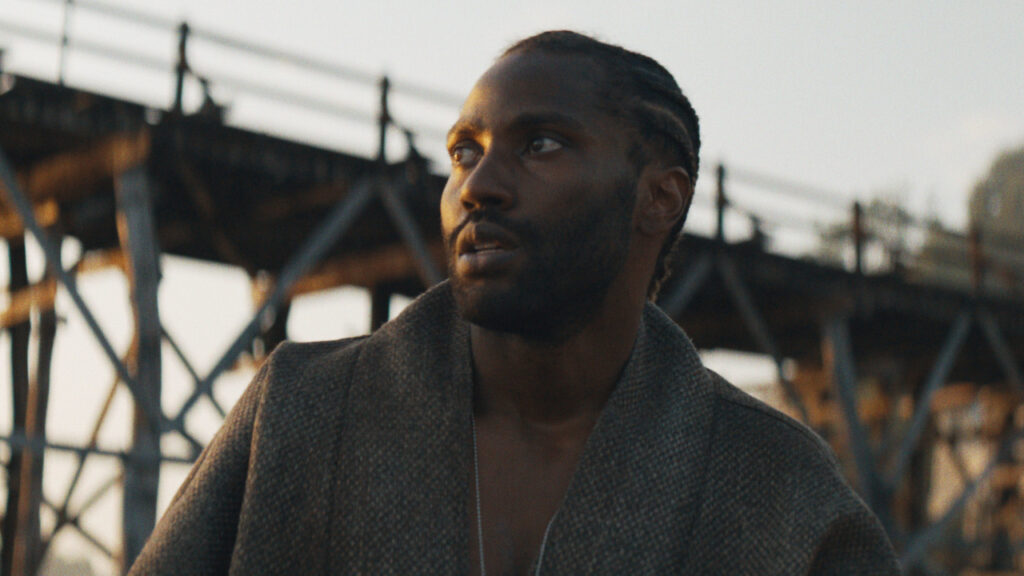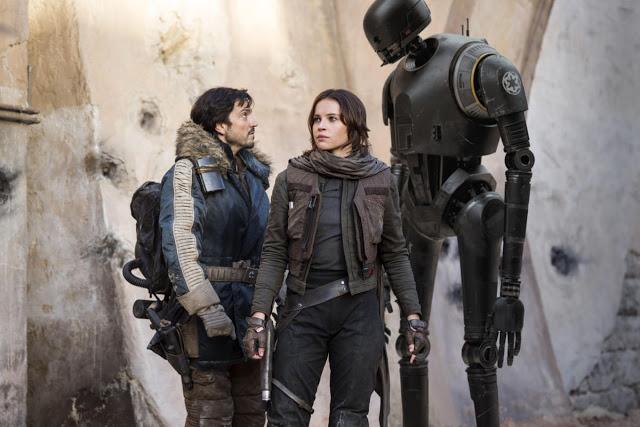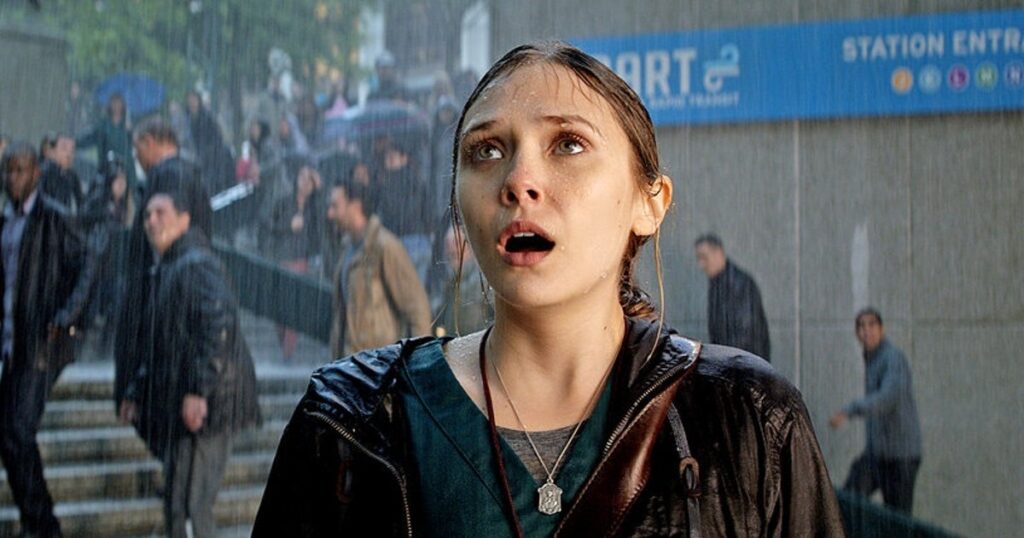The Creator: Cries of the Machines

Noisy, clunky, and conventional, Gareth Edwards’ The Creator is a disappointing folly. Yet it is also a worthy endeavor, attempting to wield boisterous blockbuster filmmaking in the service of an original, idea-driven story. It could have been great, if only it were good.
Originality is relative in mainstream cinema. It’s commendable that The Creator isn’t formally rooted in existing intellectual property; the screenplay, by Edwards and Chris Weitz, actually invents new characters and conceives its own quasi-apocalyptic future. It also exhibits minimal interest in jumpstarting a franchise, instead telling a complete and self-contained story. (Of course, Disney might have demanded otherwise had the film been commercially successful; in that regard, early box-office receipts indicate the studio has nothing to worry about.) At the same time, it borrows liberally (one might say shamelessly) from numerous science-fiction touchstones—most obviously Blade Runner and its sequel, 2049, but also the Terminator pictures, Star Wars, and plenty more. It’s a putatively original movie that nevertheless feels recycled, as though an algorithm spat out a vague approximation in response to the prompt, “new-age sci-fi entertainment.” Read More


